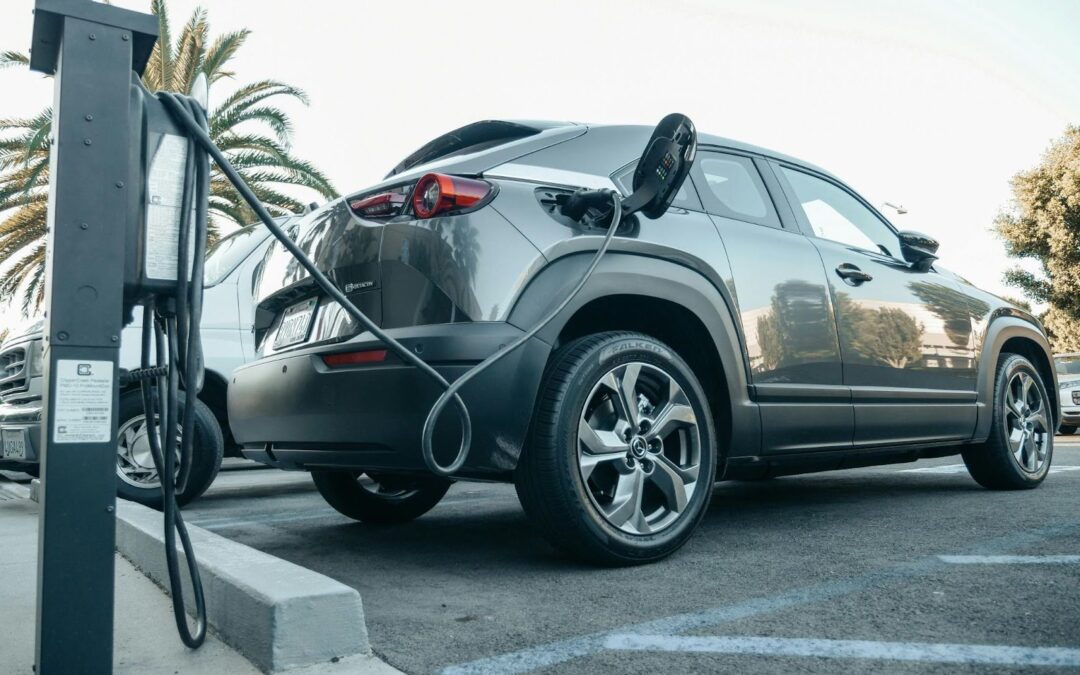The California Energy Commission (CEC) will distribute $55 million through the Fast Charge California Project (FCCP-1) to incentivize and accelerate electric vehicle (EV) fast charging infrastructure. Funding will be available on a first-come, first-served basis for applications between Aug. 5 and Oct. 29, 2025.
Recipients may receive up to $100,000 per charging station for ready-to-build projects. To receive the incentives, all funds must be used to purchase or install direct current (DC) fast chargers. Funds may cover up to 100% of total approved costs.
Eligible applicants include California-based:
- Site owners.
- Authorized agents such as a property manager, EV service provider or contractor with a Site Verification Form.
- Businesses.
- Sole proprietorships.
- Nonprofit organizations.
- Public or government entities.
- Native American tribe.
To qualify, all DC fast chargers must be new equipment with a minimum of 50% Combined Charging System (CCS) connectors installed per site. The chargers must provide at least a 150-kilowatt (KW) output at each station when all ports are in use. Applicants must ensure all equipment is properly networks via wi-fi, ethernet or cellular connection to enable remote diagnostics, remote starts, utilization data collection and “over-the-air” updates. Charging stations must have at least four ports.
Sites selected for EV charging infrastructure installations must be publicly available all day, every day of the year. Exceptions include sites with parking lots of parking garage so long as they’re accessible for at least 18 hours a day. All projects must be located in existing structures or facilities and pass any relevant EV-ready minimum installation requirements by local authorities.
The funding opportunity is the third incentive program delivered through the California Electric Vehicle Infrastructure Project 2.0, an integral effort to promote and expand EV charging infrastructure across the state. Transitioning to widespread adoption of clean vehicles is one of California’s mandates to achieve a zero-emission transportation environment, mitigating greenhouse gas emissions and helping clear toxic pollutants within disadvantaged and low-income communities.
Photo by Kindel Media from Pexels

